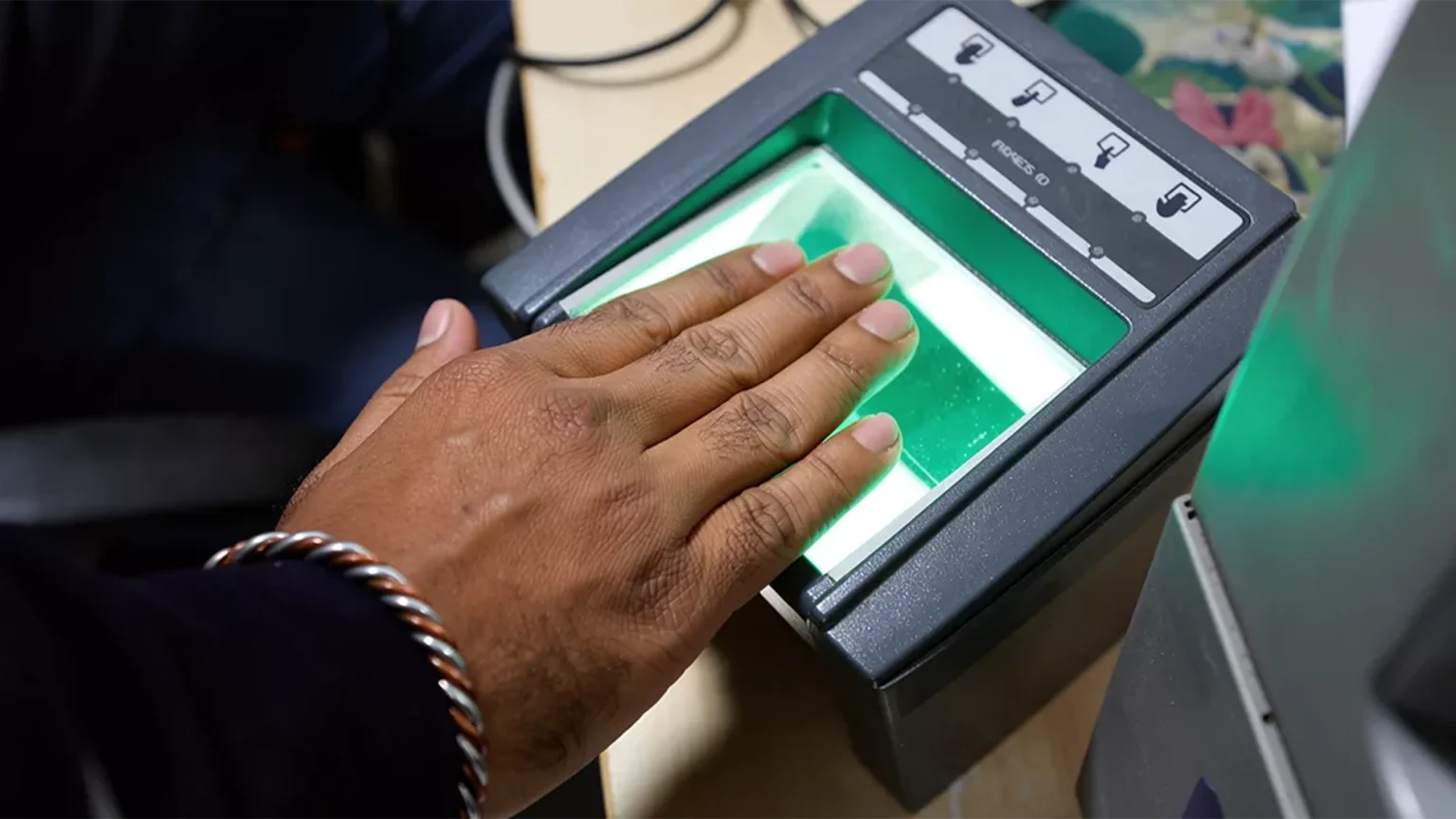In one of his first acts as the 47th president of the United States, Donald Trump signed an executive order aimed at ending automatic citizenship rights for nearly anyone born on US territory – known as “birthright citizenship”.
It’s a policy change he’s long promised – but implementing it won’t be easy. The matter looks likely to be decided by the US Supreme Court.
Trump’s order seeks to deny citizenship to the children of people who are either in the US illegally or on temporary visas.
But it already has been blocked by courts in the early stages of what promises to be a long battle.
Most legal scholars say the president doesn’t have the power to unilaterally change the law in this area, which is based on an amendment in the US Constitution.
What is ‘birthright citizenship’?
The first sentence of the 14th Amendment to the US Constitution establishes the principle of birthright citizenship:
“All persons born or naturalized in the United States, and subject to the jurisdiction thereof, are citizens of the United States and of the state wherein they reside.”
Immigration hardliners argue that the policy is a “great magnet for illegal immigration” and that it encourages pregnant women to cross the border in order to give birth and remain in the US, an act that has been pejoratively called “birth tourism” or having an “anchor baby”.
Supporters of birthright citizenship point out that it has been the law of the land for well over a century and that eliminating it would create a “permanent subclass of people born in the US who are denied full rights as Americans.”
How did it start?
The concept of birthright citizenship, also known by the legal term “jus soli”, is based in English common law and was generally accepted to apply to white men throughout early American history.
However, it did not become part of the Constitution until 1868, when the 14th Amendment was passed in the wake of the US Civil War in order to settle the question of the citizenship of freed, American-born former slaves.
Previous Supreme Court cases, like Dred Scott v Sandford in 1857, had determined that African Americans could never be US citizens. The 14th Amendment overrode that.
In 1898, the US Supreme Court ruled that birthright citizenship applies to the children of immigrants in the case of US v Wong Kim Ark.
Wong was a 24-year-old child of legal Chinese immigrants who was born in the US, but denied re-entry when he returned from a visit to China. Wong successfully argued that because he was born in the US, his parents’ immigration status did not affect the application of the 14th Amendment.
The court ruled in Wong’s favour and outlined a few limited exceptions to birthright citizenship, such as for children of diplomats.
“Wong Kim Ark vs United States affirmed that regardless of race or the immigration status of one’s parents, all persons born in the United States were entitled to all of the rights that citizenship offered,” writes Erika Lee, director of the Immigration History Research Center at the University of Minnesota. “The court has not re-examined this issue since then.”
Can Trump overturn it?
Most legal scholars say President Trump cannot end birthright citizenship with an executive order.
“He’s doing something that’s going to upset a lot of people, but ultimately this will be decided by the courts,” said Saikrishna Prakash, a constitutional expert and University of Virginia Law School professor. “This is not something he can decide on his own.”
Mr Prakash said that while the president can order employees of federal agencies to interpret citizenship more narrowly – agents with the US Immigration and Customs Enforcement, for example – that would trigger legal challenges from anyone whose citizenship is denied.
The Trump administration’s arguments rest on the clause in the 14th Amendment that reads “subject to the jurisdiction thereof”. It argues that the language excludes children of non-citizens who are in the US unlawfully.
Courts have generally disagreed. In Plyler v Doe, a 1982 Supreme Court case involving a different part of the 14th Amendment, justices rejected an argument made by the state of Texas that undocumented immigrants were not “persons within its jurisdiction”. The court ruled that migrants are both subject to US laws and granted the protections afforded by them.
A constitutional amendment could do away with birthright citizenship, but that would require a two-thirds vote in both the House of Representatives and the Senate and approval by three quarters of US states – a virtual impossibility on such a controversial proposal, given the current finely balanced divide in American politics.
How many people would it affect?
According to Pew Research, about 250,000 babies were born to unauthorised immigrant parents in the United States in 2016, which is a 36% decrease from a peak in 2007. By 2022, the latest year that data is available, there were 1.2 million US citizens born to unauthorised immigrant parents, Pew found.
But as those children also have children, the cumulative effect of ending birthright citizenship could potentially increase the number of unauthorised immigrants in the country to 4.7m in 2050, the Migration Policy Institute, a think tank, found.
In an interview with NBC’s Meet the Press, Trump said he thought the children of unauthorised immigrants should be deported alongside their parents – even if they were born in the US.
“I don’t want to be breaking up families,” Trump said last December. “So the only way you don’t break up the family is you keep them together and you have to send them all back.
”
How are legal proceedings going?
The case has now reached appellate court level and looks likely to end up at the conservative-dominated Supreme Court.
The 9th US Circuit Court of Appeals in San Francisco has rejected the Trump administration’s request to pause a lower-court judge’s order.
The appellate ruling upholds – for now – a nationwide injunction issued by a judge in Seattle at the behest of four Democratic-led states: Washington, Arizona, Illinois and Oregon.
Seattle Judge John Coughenour called Trump’s order “blatantly unconstitutional”.
Four federal judges have ruled against the policy – with one in Massachusetts writing that the Constitution “leaves no room” for Trump’s interpretation of birthright citizenship.
Judges in Maryland and New Hampshire have also blocked Trump’s executive order.
In the meantime, birthright citizenship remains the law of the land.
Which countries have birthright citizenship?
More than 30 countries practise automatic “jus soli”, or “right of the soil” without restriction in almost all cases.
Other countries, like the UK and Australia, allow for a modified version where citizenship is automatically granted if one parent is a citizen or permanent resident.
BBC













